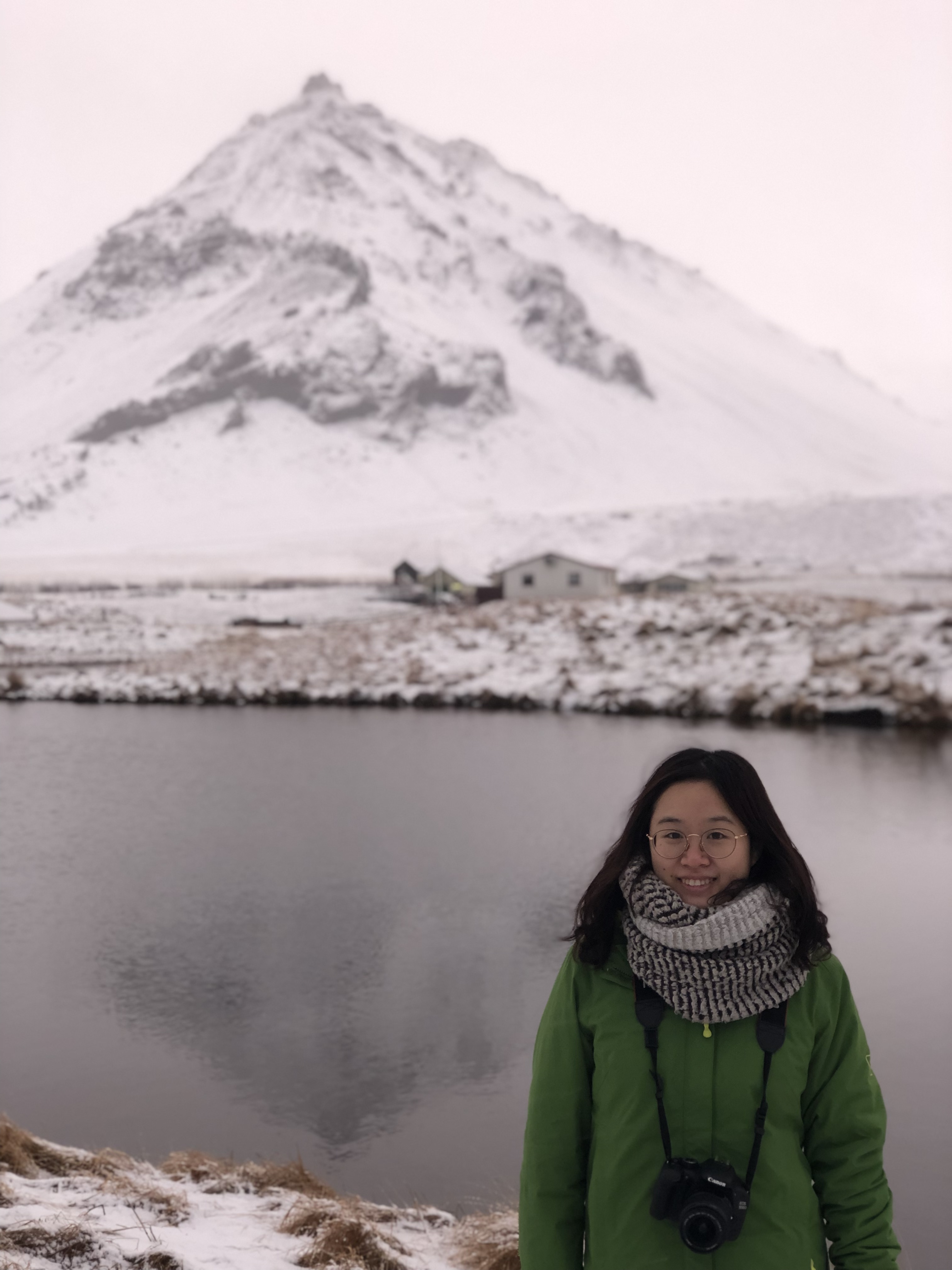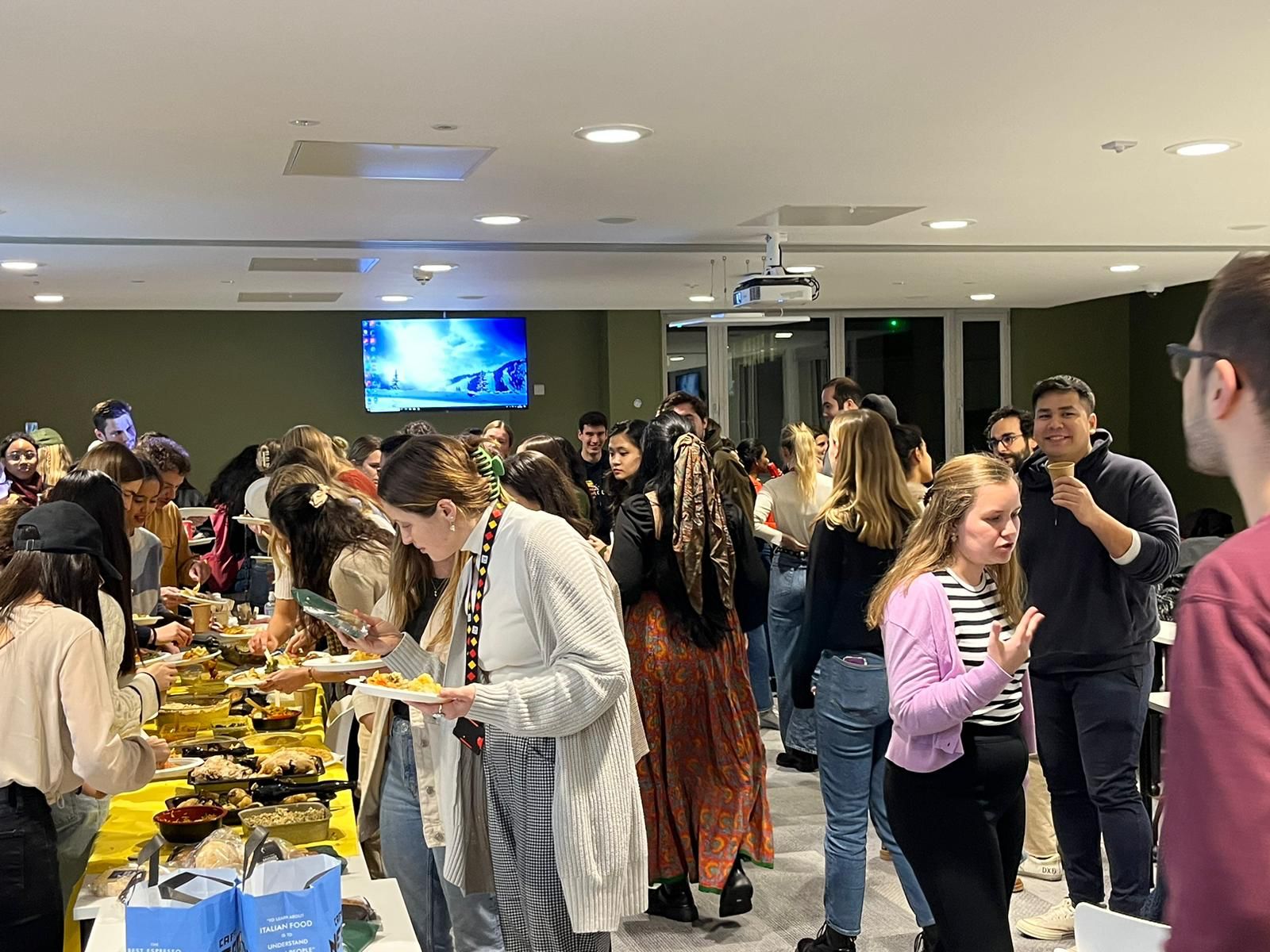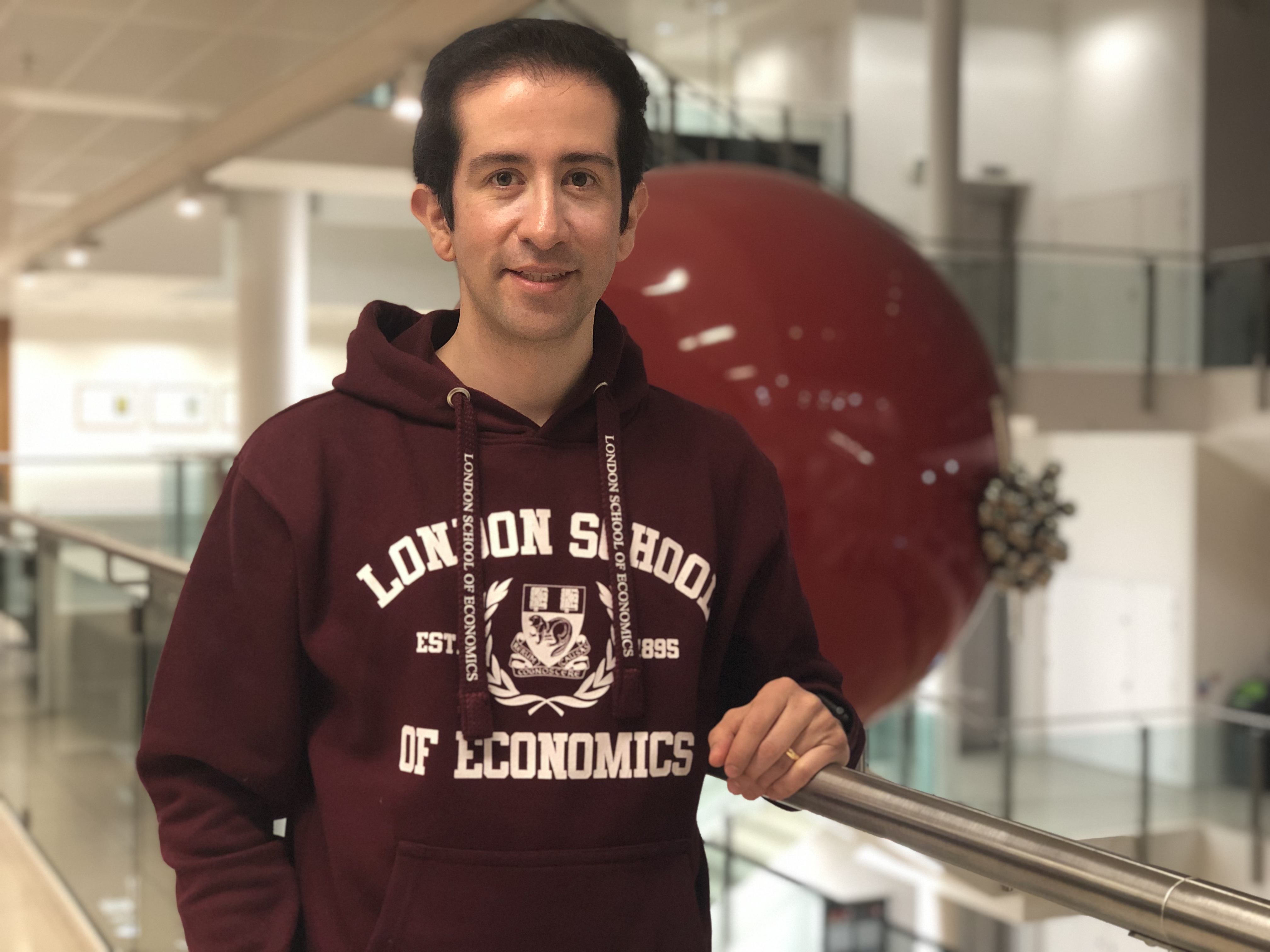Welcome back to ID’s Weekly Spotlight! For this week, Student Ambassador Salena Wang talked to MSc Development Studies student Jingke Pan. Find out more about their conversation here.
Studying at an internationally leading university like the LSE is an exciting journey, but it can also be quite challenging, especially when the university experience is situated in a different society and culture while English is not your first language. What I admire about Jingke is her positive outlook, always with a huge smile on her face which makes people around her feel delighted. This blog post reveals her secret of happiness when studying at LSE!

Why did you choose the MSc Development Studies at LSE?
Since I was a child, I have always been passionate about volunteering. During my undergraduate studies, I tried various types of internships in China with private companies, judicial courts, NGOs, and governmental organizations. Eventually, I discovered that I was someone who didn’t want to sit in the office as a ‘decent white-collar worker’. On the contrary, I hope to have an enriched and colourful life which allows me to travel around the world, especially to developing countries with entirely different cultures and lifestyles.
Before coming to LSE, I studied International Politics at Tongji University in Shanghai and did an exchange for half a year at the Johannes Kepler University Linz in Austria. I also participated in a summer exchange program at the University of Indonesia in Jakarta. During the exchange program in Austria, I got the opportunity to travel to a lot of places in Europe, including Norway, Sweden, Poland, Slovakia, Czech Republic, Austria, Germany, and so on.
During my studies, I stumbled upon a development research project written by a graduate student who was participating in fieldwork in Sub-Saharan Africa on topics related to environmental and wildlife conservation. I suddenly felt that this was the life I wanted when I was young – caring about the world, doing something, no matter how small the action. That’s why I chose Development Studies at the LSE.
How would you describe your journey studying at LSE?
I loved the course at LSE very much, especially the academic theory of development research. After studying here, I found myself looking at the world in different ways. Since my undergraduate major is International Politics, I used to look at world issues from a state or diplomatic perspective and focused on the East and West. Studying International Development was different, as I began to look at it from a North-South perspective. Daily academic dialogue no longer criticizes China for not being a Western democracy. Development Studies enables people to look at issues from a more equitable perspective. We systematically review development issues and see poverty in a non-discriminatory light. The challenges China is currently facing are to a large extent due to its stages of development. The civilization and order, now known as society, are based on the progress of the state and nation.
How has LSE transformed you?
The most significant transformation of studying at LSE is that I have discovered a new sense of contentedness in my life. I’ve realized all the goals I set when I first came here: I wanted to find the meaning of my life, things I like, and what makes me happy. The environment I lived in before tends to shape a single set of values: what kind of work to do, what kind of life to live, when to buy a house and when to get married etc. That’s not the lifestyle I want, and I don’t see the meaning of living in that. LSE helped me find what I wanted to do.
I learned a lot from academics about how to see the world and to reflect on what we should do to make the world a better place, rather than just focusing on our fate or how much money I can make in the future. I have also learned from other students about their passion for academia, learning and thinking. Knowledge is like a book; unless you move on to the next page, you will never know what will surprise you and inspire you.
So, what’s your plan after graduation?
I just received an internship offer from UNDP Mauritius for 9 months. I think it will be a great opportunity for me to try development practice in an international organization, especially fieldwork in developing countries. Then let’s see where to go next. My life credo is: try everything I like and pick what I love!
The views expressed in this post are those of the author and in no way reflect those of the International Development LSE blog or the London School of Economics and Political Science.





